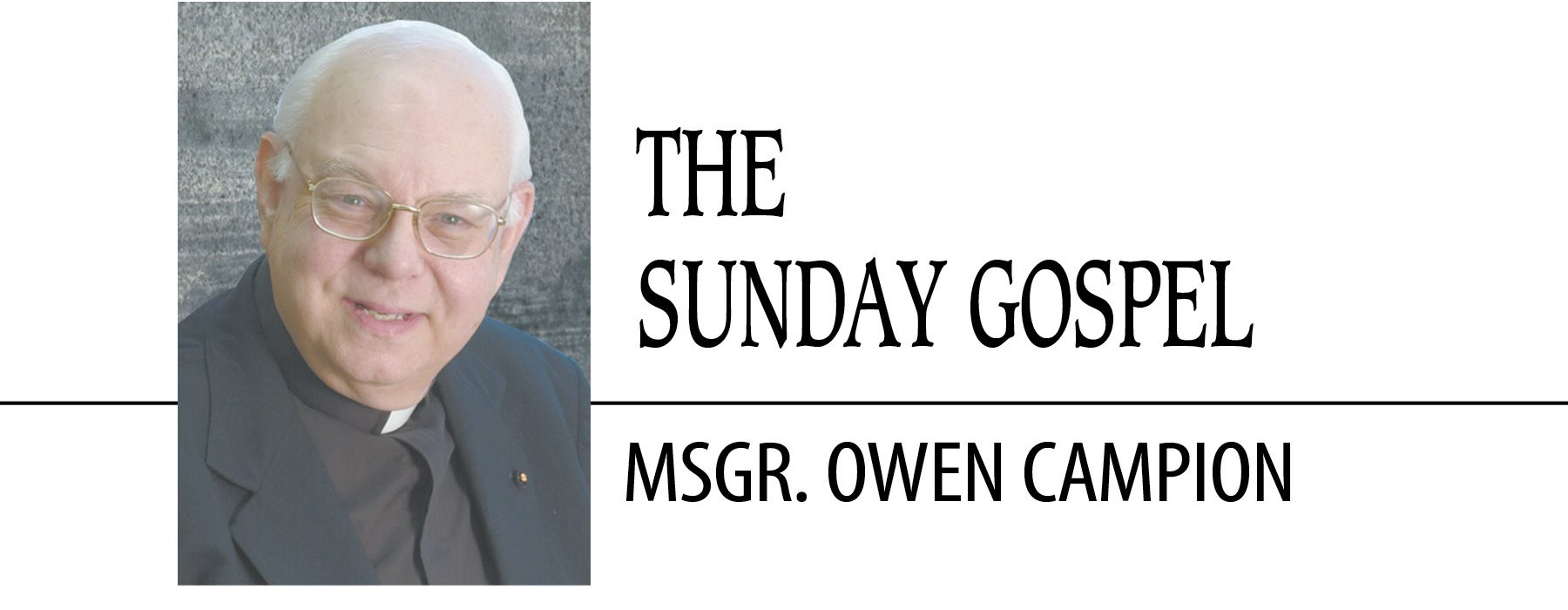December 31, 2022 // Perspective
Solemnity of Mary, the Mother of God
THE OCTAVE DAY OF THE NATIVITY OF THE LORD
Luke 2:16-21
The Book of Numbers provides the first reading. It is the fourth book, in sequence, of the first five books of the Bible, this section most often called by its Greek title, the Pentateuch, or in Hebrew, Torah. As is the case with the other four books, Numbers recalls the Exodus, the long, wearying, and frequently uncertain passage of the children of Israel from Egyptian slavery to the Promised Land.
Geographically, the setting is bleak and menacing. More than once, the Hebrews faced death by starvation or thirst. They had no way themselves of knowing which way to go. Repeatedly, God intervened to save them and to guide them, even after they had succumbed not just to sin but to idolatry.
In this passage, God instructs Aaron, the brother of Moses, the first high priest of Israel, and Aaron’s sons, to bless the people as a pledge of God’s love and protection.
For the second reading, the Church offers a section of St. Paul’s Epistle to the Galatians. When this epistle was written, Christians were likely to be treated harshly, indeed brutally, to the point of being executed, since the Gospel of Christ stood utterly opposite prevailing Roman culture and law.
The epistle is reassuring and challenging. It called the Christians of Galatia to stalwart faith, insisting that a brilliant heavenly reward awaited loyalty to Christ.
St. Luke’s Gospel is the source of the final reading. Both Luke and Matthew reveal details of the birth of Jesus, and each has its own insights. St. Luke’s Gospel, however, especially is rich in its telling of those events surrounding the coming of the Son of God to human space and time as a human.
This reading concentrates on Mary, the mother of Jesus. References to her provide a glimpse into her very personality and her faith.
As the reading concludes, it mentions the circumcision of Jesus. Circumcision is a surgical procedure performed on the genitalia of males. For Jews, its meaning was religious, and every Jewish male had to be circumcised. (God had ordered that Abraham and his male descendants be circumcised. [Genesis 17].)
The fact that Mary and Joseph saw that the infant Jesus underwent this procedure indicates their deep faith and total commitment to their role in preparing the child, in every human sense, for the messianic mission ahead.
Also, the baby boy officially was given his name at this time, Jesus, meaning “savior”. It was taken from the name of Joshua, the disciple of Moses. Joshua led the Chosen People into the Promised Land.
Reflection
The first day of January has no religious pedigree. In fact, it has pagan antecedents. Somehow, through time, it came to be the day on which Western Civilization calculated the beginning of a new year.
(Some Christian societies once regarded March 25, the feast of the Annunciation, commemorating the conception of Jesus when literally God was made flesh, in the Incarnation, as theologians call it, as New Year’s Day, since the Incarnation began a totally new era in human existence.)
Nevertheless, despite its poor credentials, January 1 is “New Year’s Day”. It is special, turning a page, opening a new period, a beginning.
The Church gives important lessons in these readings for this new year in placing before us the example of Mary and Joseph, who carefully reflected on the fact of God in their lives, and their commitment to God, evidenced in their providing that Jesus was circumcised according to Jewish religious law. They knew that Jesus had a special mission and that they had a special mission.
We have a special mission, to be one with Christ and to take the Lord to others.
The best news. Delivered to your inbox.
Subscribe to our mailing list today.






